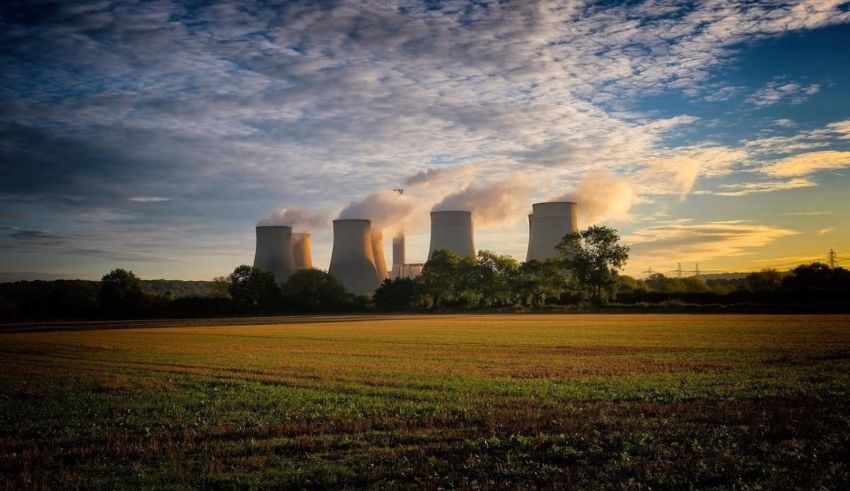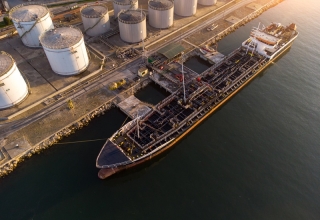
Britain will close its final coal-fired power station on Monday, therefore marking the end of an era for the nation launching the Industrial Revolution. Running on coal for more than 50 years, the Ratcliffe-on- Soar power station in central England will close at midnight. 142 years of coal-powered electricity generated in the United Kingdom comes to an end with this shutdown.
Ratcliffe-on- Soar, which started operations in 1968, has been a prominent landmark for many years. Millions of commuters on trains or driving by on the M1 expressway can plainly see its eight rising cooling towers and 199-meter chimney. The shutdown of the power plant signifies Britain’s symbolic transition toward more environmentally friendly energy sources. While the facility will stop operating, many of its 170 employees will remain for a two-year decommissioning process to ensure a safe change of direction off of coal.
A turning point in the shift to renewable energy
The UK government has hailed its shutdown as a major turning point in the nation’s efforts toward complete renewable energy by 2030. This step makes Britain the first Group of Seven (G7) economy to completely phase out coal power; equivalent closures of other European countries like Sweden and Belgium, which achieved the same goal earlier, follow from this action.
Energy minister Michael Shanks praised the generations of coal workers who over a century were indispensable in running the nation. “This marks the end of an era and coal workers can be rightly proud of their work,” Shanks said. He also underscored the UK’s change to what he called a “new age of good energy jobs,” as the country strives to expand its renewable energy sector.
The shutdown of the plant marks a significant first towards Britain’s ambitious objective of running all of its electricity from renewable sources such as solar and wind by 2030. More than half of the nation’s used power comes from renewable energy right now, with the balance derived from nuclear power and natural gas. Comparatively, in 1990 coal made up as much as 80% of Britain’s total power output. Figures from the National Grid show the percentage dropped to 39% by 2012 and to just 1% by 2023.
From coal to greener energy sources
Apart from pointing to a change in the energy strategy of the UK, Ratcliffe-on- Soar ends a major chapter in world energy history. Opening in London in 1882, Thomas Edison’s Edison Electric Light Station marked the beginning of universal industrial electrification since it was the first coal-fired power plant in the world.
“Ten years ago, coal was the leading source of this country’s power — generating a third of our electricity,” Dhara Vyas, deputy chief executive of the Energy U.K.’s trade group, said when discussing the nation’s quick exit from coal. It is incredible that ten years later clean, low-carbon alternatives replace coal’s contribution.
Vyas noted that the energy transition has been faster than many expected since few people believed a decade ago that such a significant reduction in coal dependency was possible in such a short period of time. As Britain prepares for its goal of 100% renewable energy by 2030, the closure of the Ratcliffe-on- Soar facility marks both a symbol of the past and a hopeful indication of the future.
Starting with the Industrial Revolution and now negotiating a new era of sustainable, low-carbon energy choices, this shift from coal to renewable highlights Britain’s leadership in energy innovation worldwide.























